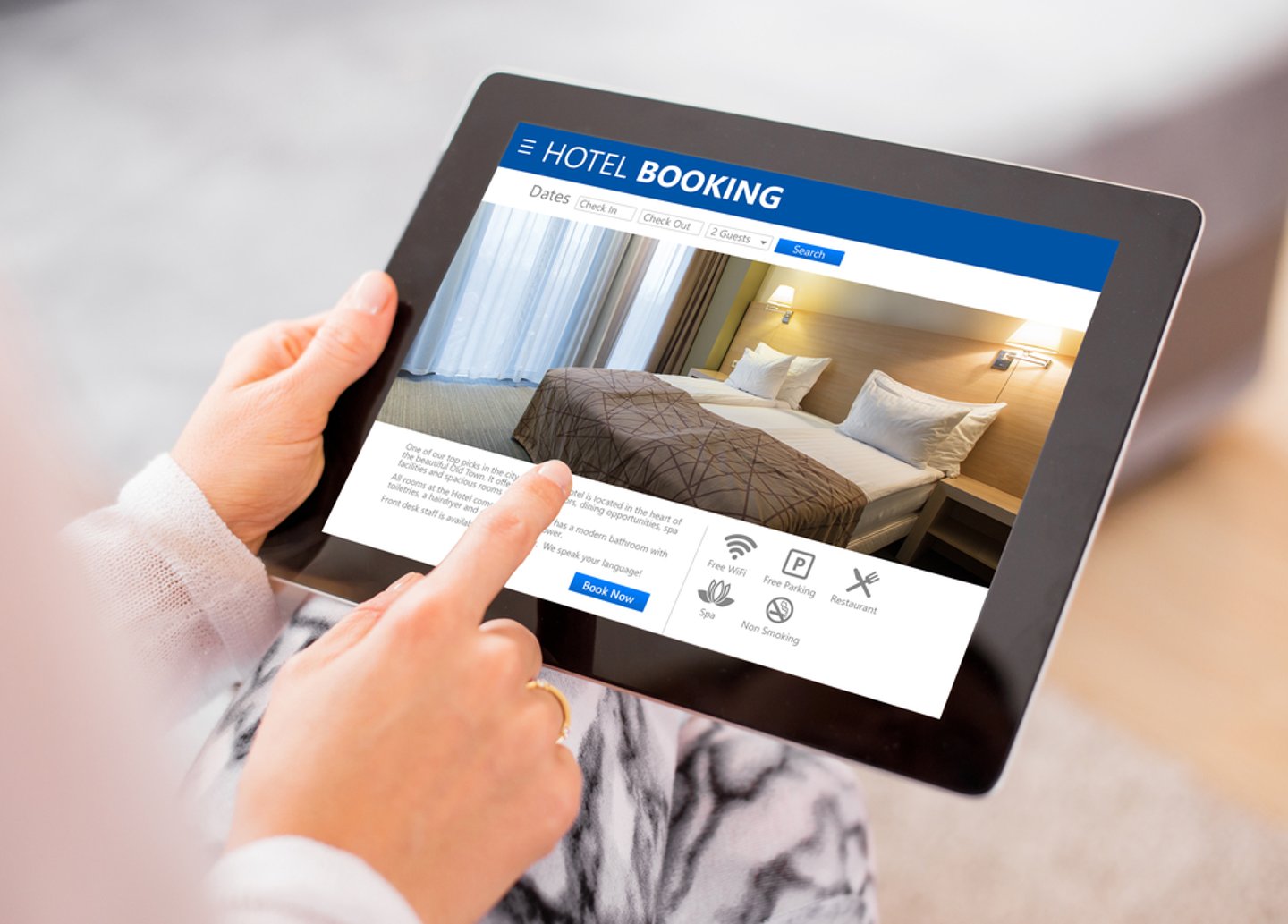The Savvy Hotel Guest: How Travelers Are Changing the Way They Experience Digital
With rising hotel demand, millions of Americans are getting the vacation itch. In fact, recent data from Quantum Metric found revenge bookings are on the rise, with most consumers (54%) actively planning trips in 2022.
However, as covid fears have begun to subside, new anxieties are creeping in: inflation. The Consumer Price Index jumped to 8.2% in September, fueling record high gas prices, hotel rates and airfare. As 43% of Americans are moving forward with holiday travel plans despite economic uncertainty, expect guests to be cautious as they make decisions around how, when and where to travel.
With concerns over a softening economy, hotels must create experiences that empathize with customer behavior and understand intent. By building a better digital customer experience, combined with transparent, worry-free cancellation policies, hotels can boost confidence for guests to finally take the long-awaited plunge.
Price Sensitive Guests Demand Greater Transparency in Digital
As the cost of everyday essentials like food and rent continue to rise, discretionary spending, like vacations, declines, as consumers seek discounted hotel rates. In fact, Quantum Metric found that average order values for digital bookings dropped 10% between June and July of this year, which shows that customers either downgraded their existing trip or booked discounted future travel options.
Hotel prices are expected to continue increasing into 2023 at the same time that consumers demonstrate heightened price sensitivity. To build loyalty and confidence during the search and booking process, it’s essential for brands to be digitally transparent about any fees, service charges and cancellation policies. Government regulators have already stepped in to enforce transparency in airline pricing, recently proposing rules impacting airline ancillary fees. Additional regulations could spread across the travel industry, including hotels, unless the industry gets ahead of them.
Mobile Is King of In-Stay Experiences, As Desktop Holds onto Booking Share
Across the travel industry, mobile traffic is growing exponentially, but desktop still has the edge when it comes to completing the reservation. Quantum Metric data shows mobile device traffic (web and native app) for travel brands was three times higher than desktop traffic during summer 2022. And yet, the share of mobile device bookings was still slightly lower than desktop, hovering around 45% of the total.
Much of the discrepancy above can be explained by consumers having different use cases for mobile and desktop. In addition to pre-stay search activity, mobile apps are also increasingly being used for in-stay experiences, such as check-in, check-out, property information, and in-stay service requests, which can yield higher traffic engagement. Activities like hotel research, price comparisons and final booking remain on desktop, explaining why booking share is still higher on those devices. The larger desktop screens can also be useful when completing bookings to ensure they read the fine print around fees and cancellation policies. This is all the more reason for hotels to continue investing in mobile apps to provide greater transparency during booking.
As guests adopt a multichannel approach, hotel brands can align with new demands by creating a cohesive omnichannel experience that ensures customers can seamlessly pick up where they left off.
Re-capturing brand loyalty by removing invisible friction
After two years of restricted travel and lost loyalty status, 2022 is the year of the loyalty land grab. Hotels have long understood that loyal, repeat customers are more profitable, book direct and spend more. But driving loyalty requires continued digital engagement that is frictionless and personalized to individual guest needs and desires.
First, hotels can win loyalty by reducing digital friction. Many hotel booking engines inadvertently create invisible friction all the way up and down the booking funnel. For example, in the last step of the booking process, entering name, email, and credit card number can be the biggest impediments to fulfilling the booking online. This often stems from guest concerns over privacy or simply “form fatigue,” the tedious process of entering the same information over and over. As hotels and their associated booking engines address undiscovered payment friction as well as open up to seamless payment processing, mobile conversions will substantially increase.
Another example of friction is page speed. Most guests can’t see the massive amount of data and calls that end up slowing pages down. These invisible actions that delay content from loading (i.e. long running spinners) can carry a penalty not just in terms of site abandonment, but also likelihood to return. Visitors to slow-loading hotel websites tend to have higher bounce rates and visit fewer pages.
Second, hotels can win loyalty by better leveraging personalization. For example, they can use their mobile apps, texts or email to offer targeted perks, upgrades or add-ons. In fact, recent TrustYou research found that about 80% of consumers prefer to communicate with a business by texting, and most of those texts are read within only a few minutes after being received. This extra layer of communication provides hotels with a unique opportunity to build stronger customer relationships, drive incremental revenue and be more responsive to guest demands – all of which are especially important amid inflation.
Even though travel budgets are tight, the desire to get out and explore is higher than ever, driving consumers to make up for lost time. As consumers become more price-sensitive, hotels must adapt by creating frictionless and personalized experiences. By improving price transparency, using an omnichannel approach to the booking process and engaging with customers throughout their travel experience, hotels can ensure they are prioritizing customers’ ever-evolving expectations.

